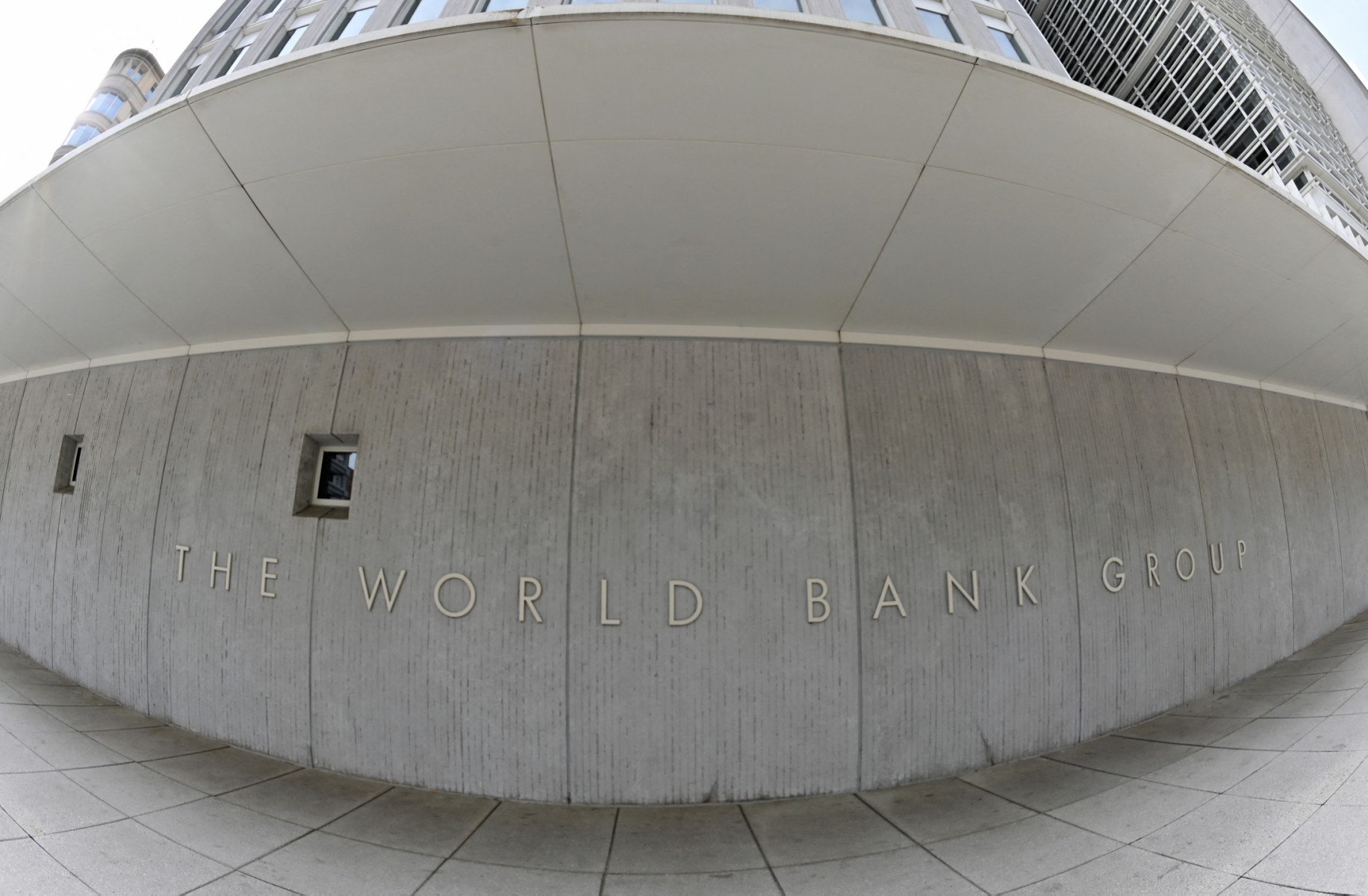Amman, Jordan— Jordan and the World Bank have held discussions to enhance cooperation in infrastructure projects and the public-private partnerships.
In this connection, Jordanian Minister of Investment Kholoud Al Saqqaf met with World Bank Vice President for Infrastructure Affairs Guangzhe Chen in Amman.
During the meeting, Al Saqqaf reviewed a list of partnership projects between the public and private sectors, which focus on transportation, water and infrastructure sectors, and how to benefit from the WBs expertise in this field.
For his part, Chen stressed the WBs continued support for the public-private partnership program and infrastructure projects by stimulating financing for the private sector using various WB mechanisms, especially in the water, energy, and transportation sectors, which are considered among the priority sectors in the economic modernization vision.
In April this year, the World Bank and Jordan signed two financing agreements worth $650 million for the programs of inclusive, transparent and climate-responsive investments in the kingdom besides enhancing the efficiency of the electricity sector.
The agreements were signed on behalf of the Jordanian government by Minister of Planning Zeina Toukan, and on behalf of the World Bank, Jean-Christophe Carré, Regional Director for the Middle East Department at the Bank.
The first agreement included additional financing of $400 million for the program of inclusive, transparent and climate-responsive investments using the program financing tool according to results in Jordan, in a way that leads to promoting climate-responsive public and private investments, in addition to encouraging the creation of job opportunities, especially for women.
The second agreement worth $250 million included financing the program to enhance the efficiency of the electricity sector using the program financing tool.

